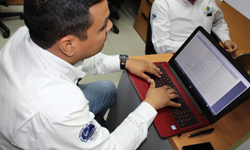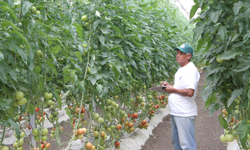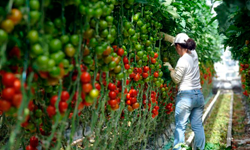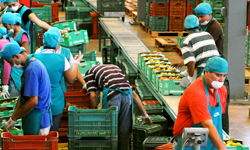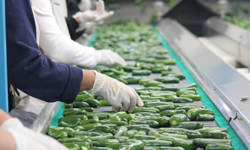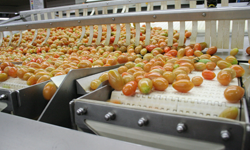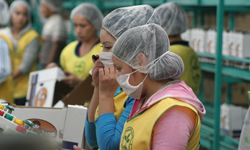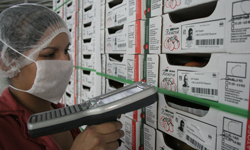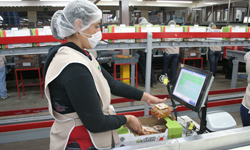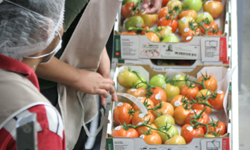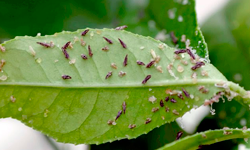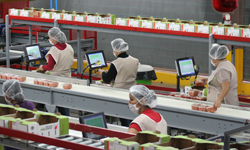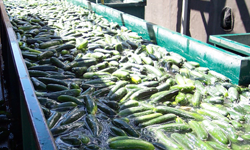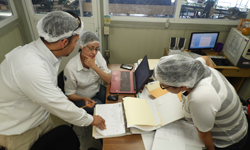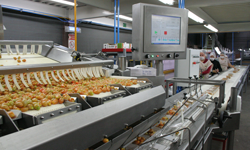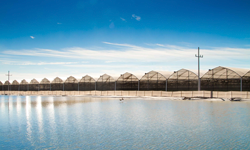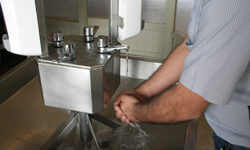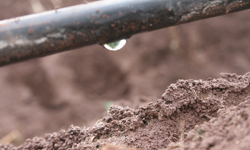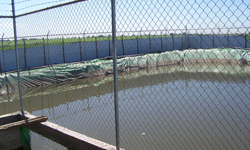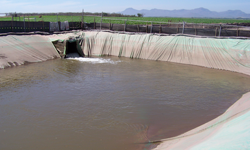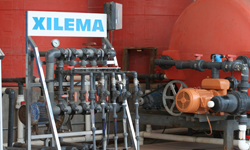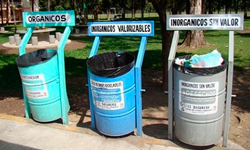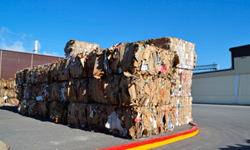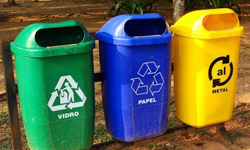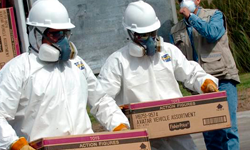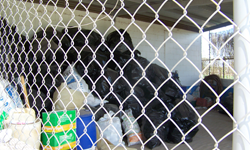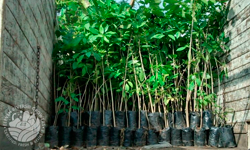Food Safety
The Eleven Rivers Certification Scheme seeks to minimize physical, chemical, or microbiological contaminants in fresh production. These contaminants can get to the products during the production, packaging, storage, and transportation stages which can affect the health of consumers.
Eleven Rivers evaluates the next elements:
Management System
It is a model of Food Safety Management System, which covers all areas of the company to achieve adequate coordination of all activities involved in the food supply chain.
Good Agricultural Practices
Set of principles, standards, and technical recommendations for production, processing, and transport of food, aimed at ensuring the protection of hygiene, human health, and the environment.
Good Manufacturing Practices
Basic principles and general hygiene practices in the handling, preparation, processing, packaging, storage, transport, and distribution of food for human consumption.
Traceability
Traceability means being able to follow the path that food has made from the origin to the final consumer. This help to resolve a more efficiently, if a danger to the health of the consumer is detected, this make possible to act immediately.
Integrated Pest Management
Effective strategies and control methods against pests; minimizing environmental impact, using parasitoids, predators, pheromones, repellents and using resistant or pest tolerant varieties.
HACCP
HACCP is a preventive approach that serves as a tool to identify, evaluate, control and reduce the physical, chemical, and biological risks associated with the production, processing, storage, transport and distribution of food.
Social Responsibility
“In these days, Social responsibility has taken great importance; in a globalized world, characterized by the fact that consumers are increasingly demanding and acquiring food in a responsible way taking care of their health without leaving aside the way in which they were produced.
Future-oriented entrepreneurs must evolve to stay in the market: they require special care in compliance with labor standards, health care and the lives of their workers.
Therefore, Eleven Rivers has incorporated Social Responsibility System to the Certification Scheme, considering the main risks of the agricultural sector and based on compliance with the legislation in force in the country and international trades.
The elements of this system are:
1.- Company Policy
Company policy should include the interest and commitment of the company to care and improve welfare and life quality of workers and the communities where their operations develop.
2.- Coordination with public and private institutions
Coordination policy with the municipal, state and federal government. Also, working with civil society organizations.
3.- General working conditions
It includes compliance with workers' labor rights, freedom of association, abolition of forced labor, elimination of discrimination and prohibition of child labor.
4.- Safety and health at work
Companies must create a safe and healthy work environment. It promotes the integration of safety and health practices in the worker with a preventive approach.
5.- Health of workers and their families
Preventive medicine actions, strategy is based on basic actions to avoid diseases and promote selfcare of people’s health according to their age and gender.
6.- Quality of life in shelters
The companies offer shelters where migrants farm workers can live with their families at decent facilities that guarantee access to public services and assistance.
7.- Social programs
Daycare facility service, free and balanced feeding for children according to their age, educational programs, promotion of recreation, culture and sports, school transportation service and adult education.
Environmental Protection
Eleven Rivers seeks to reduce the environmental impact generated by the production and operation of growing companies.
Eleven Rivers evaluates that the companies implement the best sustainable practices, where they take the environment as an essential element for the development of their activities, this approach will assure the development of future generations.
The elements that are evaluated are:
Rational use of water
The company must develop a program for the rational use of water used in agricultural irrigation and in all areas of the company, prioritizing the use of efficient technologies.
Wastewater management
If the company discharges its wastewater from areas such as: offices, packaging, or shelters in national assets (drains, rivers, sea) or the municipal sewer system, it must document and implement measures for the treatment of these waste waters.
Rational usage of energy
A program should be developed for the rational use of electric energy, including actions such as the acquisition of energy-saving inputs and compounds, machinery and equipment that respect the environment.
Proper trash and recycling management
The company must document and implement a procedure to ensure a destination for domestic waste and waste generated by the productive operation, as well as the recycling of certain waste (plastics, paperboard, paper and metal).
Toxic waste management
The appropriate waste management procedure should differentiate toxic wastes: packaging, padding, tape, raffia, and biological/infectious hazardous waste (DEHS), and dispose them in a manner that complies with applicable regulations.
Reforestation
The company must carry out actions of reforestation in the perimeters of the cultivation lots, roads, and shelters, with the purpose of contributing to the environmental improvement and protection of the workers.






